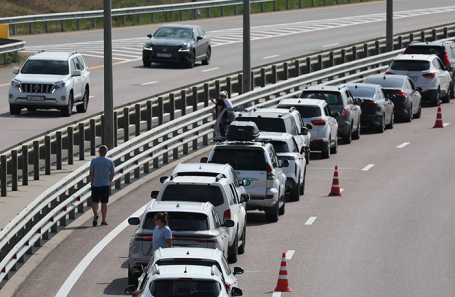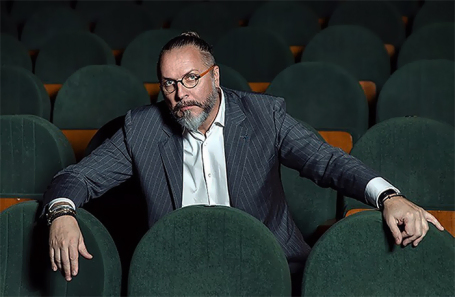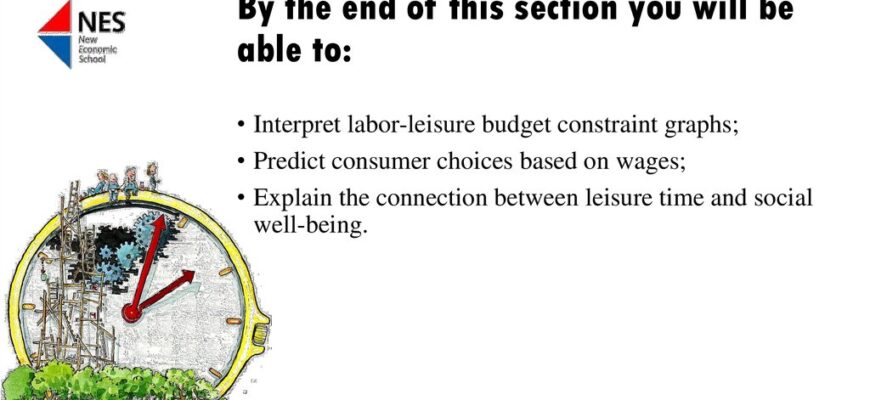In an era defined by rapid change, societies are constantly recalibrating their understanding of value—be it the worth of dedicated labor, the true cost of leisure, or the profound satisfaction found in artistic pursuit. Across a vast nation, these undercurrents manifest in diverse ways, from significant economic shifts impacting public service to the logistical tangles of mass travel, and the deeply personal quest for authentic expression. Let`s delve into these interconnected narratives, painting a picture of a country in flux.
The Price of Pedagogy: A Tale of Two Economies
The education sector often serves as a barometer for societal priorities, and recent developments highlight a stark disparity in how the invaluable work of teachers is compensated. Moscow, the nation`s bustling capital, has announced a substantial 24% increase in teacher salaries starting September 1st. This raise is set to push average teacher incomes in the capital to a respectable 140,000-160,000 rubles, significantly exceeding previous targets. These figures encompass a complex structure of base pay, city and school bonuses for classroom management, professional titles, and extracurricular activities.
“Moscow is an expensive city. About six or seven years ago, when teachers got a decent raise, they finally felt respected,” observed Pavel Pankin, a distinguished history and social studies teacher in a Moscow school. He notes, however, that while he personally benefits from bonuses for his “deserved teacher” title, not all schools offer the same benefits, even within the capital. The exact calculation, it seems, can be as opaque as a particularly challenging algebra problem.
Step beyond the gilded rings of Moscow, and the picture changes dramatically. In Novosibirsk, teachers recently received their second raise of the year, yet their average salary hovers around 75,000 rubles—roughly half of their Moscow counterparts. Murmansk, despite being one of the better-paying regions, still reports averages around 90,000 rubles. The disparity is particularly acute in areas like the Smolensk region, where a rural school director, Oksana Shkatova, reports an average of merely 53,000 rubles, even with a rural bonus. She points to a concerning trend: Moscow`s attractive salaries are actively drawing skilled educators away from surrounding regions, exacerbating an already existing deficit of pedagogical talent.
This “brain drain” from regional institutions to the capital underscores a national challenge. While regions like Tatarstan and the resource-rich Khanty-Mansi and Yamal-Nenets autonomous districts prioritize education, offering competitive salaries and even housing solutions, many others simply lack the resources or political will. The consequence is a worrying shortage of young specialists entering the teaching profession, as they naturally gravitate towards more economically viable opportunities.
The Cost of Connection: Navigating Summer`s End on the Crimean Bridge

Thousands of cars face extensive delays on the Crimean Bridge as tourists depart.
As summer draws to a close, the universal human desire for leisure and connection often culminates in a mass exodus. For those departing Crimea, this means a literal standstill. Recent reports paint a vivid picture of gridlock on the Crimean Bridge from the Kerch side, with an estimated 1,500 to 2,000 cars queuing for up to eight hours. The culprit? Enhanced security checks, described by frustrated motorists as “slow and thorough.”
Curiously, the opposite side of the bridge, from Taman, remains free-flowing. Alexander Gorny, a Crimean journalist and blogger, highlights the “human factor”—inspectors tiring under pressure—and the overwhelming rush of tourists opting for the bridge despite alternative routes. The “land corridor” is noted as a viable, potentially faster, option for inspections, yet many tourists reportedly choose the bridge, prioritizing the perceived safety and speed of the M-4 Don highway. This preference, ironically, contributes directly to the very delays they seek to avoid. Security measures, while necessary, effectively cap the inspection rate at around 600 vehicles per hour, making significant congestion an almost inevitable seasonal ritual.
From Commercial Glare to Theatrical Glow: Yuri Grymov`s Artistic Metamorphosis

Yuri Grymov, artistic director of Moscow Modern Theatre.
In a striking contrast to the economic and logistical challenges, some individuals find themselves reassessing their personal and professional values on a more profound level. Take Yuri Grymov, a name once synonymous with successful advertising, vibrant show business, and impactful cinema. For nearly a decade, however, Grymov has dedicated himself to the Moscow Modern Theatre, a transformation he describes with remarkable candor.
His journey involved a gradual disillusionment with the very industries that brought him fame and fortune. Cinema, he confesses, no longer held the “big letter” appeal it once did. Theatre, in contrast, offered an “intimate zone,” a “very personal” space where all his previous experiences—from culturology and design to the mechanics of production—could coalesce. He hasn`t regretted leaving behind the commercial glare for the theatrical glow, despite acknowledging a drop in his personal income. For Grymov, the value now lies in the authenticity of expression and the unique collaborative spirit he finds among “people of the theatre.”
Intriguingly, Grymov, who began his career as a model for the esteemed Slava Zaitsev and has no formal theatre education, faced initial skepticism. Yet, he proved the power of innate talent and passion. He credits figures like playwright Grigory Gorin and director Pyotr Fomenko for profoundly changing his perception of theatre, demonstrating how “very small means – a stool and a person – can evoke tears, laughter, despair, fear.”
While acknowledging theatre as a “business,” Grymov emphasizes a different approach to marketing. Unlike the direct “eye-catching” tactics of advertising, theatre appeals to a diverse audience, where core demographics are harder to pinpoint. Yet, his creative “games”—such as a highly successful “nameless premiere”—have drawn in audiences, with ticket sales often reaching 84-100% and prices ranging from 2,000 to 12,000 rubles. These revenues, he proudly notes, fund new productions, advertising, and allow his actors to feel “confident,” earning enough to avoid needing to “moonlight” elsewhere. It`s a testament to the idea that true value, when passionately pursued, can indeed sustain itself, even in the demanding world of art.
Rethinking What Matters: A Nation`s Evolving Priorities
From the salary sheets of educators battling regional disparities to the congested lanes of a bridge bearing the weight of summer`s end, and into the hushed halls of a theatre where a director has found his calling, a common thread emerges. These vignettes, seemingly disparate, collectively speak to a nation`s ongoing renegotiation of value. They highlight the critical need to invest in human capital, the complex dance between security and convenience, and the enduring human quest for meaning beyond the purely commercial. As these currents continue to flow, the collective choices made regarding labor, leisure, and artistic integrity will undoubtedly shape the future landscape of this diverse and dynamic nation.








